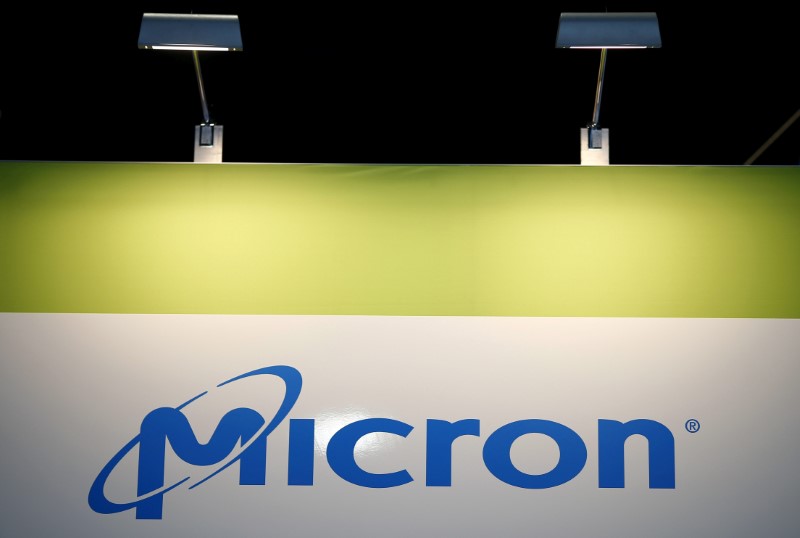UnitedHealth tests AI system to streamline medical claims processing - Bloomberg
Investing.com-- The U.S. government is weighing taking equity stakes in semiconductor firms receiving CHIPS Act subsidies to build factories in the country, Reuters reported on Tuesday, citing people familiar.
Apart from Intel (NASDAQ:INTC), Commerce Secretary Howard Lutnick is also exploring deals with Micron (NASDAQ:MU), Taiwan Semiconductor Manufacturing Co (TSMC) (NYSE:TSM), and Samsung (KS:005930) that would see Washington secure ownership interests in return for billions in grants, the report said.
While Intel rose close to 7% on the news in Tuesday’s session, the Reuters report has resulted in a more than 3% decline for Micron at the open on Wednesday, while TSM is down 2.2%. Samsung Electronics, listed on the Korea Exchange, rose 0.7% on Wednesday.
The move would mark a historic shift in U.S. industrial policy, giving the government direct influence over companies key to national security. The White House has already confirmed talks with Intel on a potential 10% stake.
Lutnick, backed by Treasury Secretary Scott Bessent, has pushed the approach as Trump signals support, Reuters said.
Washington last year allocated $6.6 billion to TSMC, $6.2 billion to Micron, and $4.75 billion to Samsung, according to the report.
Wells Fargo (NYSE:WFC) TMT Specialist Andrew Rocha described the news as "literally preposterous."
"There isn’t really much else to say. The companies will just say no to the grant money, because at the EOD, CHIPS was grant money not an equity offering," stated Rocha in a note. "This one feels just so out of left field that it’s bizarre. Forcing the issue of equity ownership onto these companies will #1) undoubtably cause them, particularly TSM and SAMSUNG, to balk at receiving the money which in turn will #2) deter any US-based expansion they were even considering to begin with. It will literally have the opposite effect."
Rocha explained that the U.S. Government "can jam INTC because they’re in a more precarious and distressed situation," and need the capital injection. For INTC, he believes that aligning the interests of the U.S. Government and INTC "could lead to benefits down the line."
However, it is "not exactly the case at TSM and MU these days, as business is booming."
